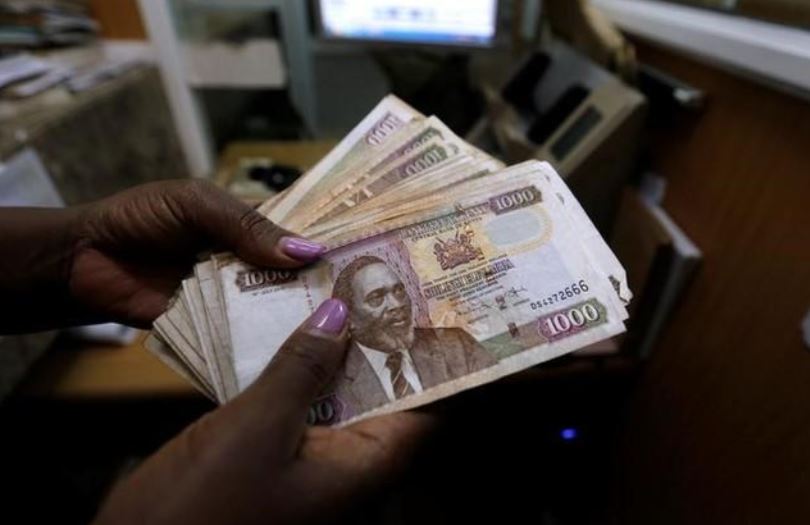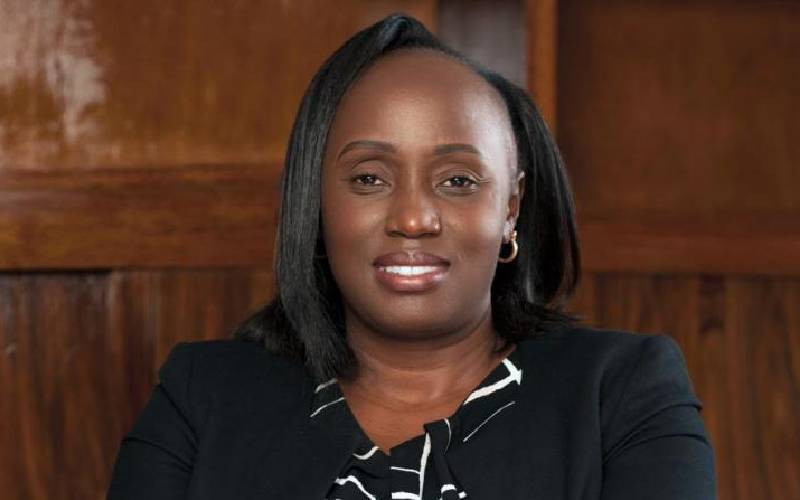
The government will set up a Sh2 billion fund which will be used to guarantee small businesses when they seek loans in banks but lack collateral.
Africa Guarantee Fund (AGF) Deputy Chief Executive Jules Ngankam said the government had engaged the pan-African institution to set up the structure for the fund which will be ready by end of this year.
“Government of Kenya approached us to set up the fund which will have a capacity of $20 million (Sh2 billion) initially but we plan to grow it in the coming years by talking to donors, European Union, France and Denmark,” he said.
The government will play a role similar to a sacco where members’ contributions can be used to guarantee each other, allowing for loans up to three times the deposits.
Treasury Cabinet Secretary Henry Rotich, in his budget speech last year, said the government would form a deep-pocketed fund and a development bank specifically for SMEs as well as offer credit guarantees.
This would offer third-party credit risk mitigation to lenders through the absorption of a portion of the lender’s losses on the loans made to SMEs in case of default.
Mr Ngankam was speaking when he signed a Sh515 million loan with NIC Bank to help reduce the risk of lending to SMEs.
Mobilising resources
AGF is the first African institution wholly dedicated to mobilising private resources for SME development.
It has over the past six years led the market in Africa by issuing guarantee products to more than 100 financial institutions that have in turn made available $1.6 billion (Sh160 billion) of financing for SMEs in 39 countries in Africa.
Kenya makes up 20 per cent of its portfolio.
“We had Sh114 million in applications that we could not process because the SMEs did not have collateral so this will be part of the first batch to be fast tracked and disbursed,” said Head of SME banking at NIC Stephen Gakuya.
Ngankam also said banks may soon get relief from carrying toxic loans if the Central Bank of Kenya agrees to take into account the guarantees as lower risks.
According to Genghis Capital, provisioning for non-performing loans in the banking sector could rise by 52.9 per cent in 2019, slowing down profitability.
Stay informed. Subscribe to our newsletter
“We are talking with the regulator so that the guarantees can be taken into account when calculating ratios so that banks can free up capital and set aside less provisioning,” Ngankam said.
This move may in fact support CBK which wants to encourage banks to increase SME loans by 20 per cent under its new Banking Charter.
Forced to lend to a highly risky sector, banks have been pushing back for concessions including asking the regulator to relax rules on cash reserves that require them to set aside money for mitigating risks.
Kenya Bankers Association Chief Executive Habil Olaka has said banks are ready to sign up to CBK’s charter on lending to SMEs, but want the regulator and the Government to offer subsidies in exchange.
“The Central Bank may come up with incentives to support the market and it will probably come out of a number of options they have like incentivising cash ratios,” he told The Standard in a previous interview.
“The more you increase exposure to the SMEs you can get some relief on cash ratio requirements, among a number of other options.”
Banks want assurance they will get their money back especially if Treasury could issue a bond guarantee where the government may pay off if SME’s default.
Sterling Research, however, warns that this may came at a considerable cost to the government.
[email protected]
 The Standard Group Plc is a
multi-media organization with investments in media platforms spanning newspaper
print operations, television, radio broadcasting, digital and online services. The
Standard Group is recognized as a leading multi-media house in Kenya with a key
influence in matters of national and international interest.
The Standard Group Plc is a
multi-media organization with investments in media platforms spanning newspaper
print operations, television, radio broadcasting, digital and online services. The
Standard Group is recognized as a leading multi-media house in Kenya with a key
influence in matters of national and international interest.
 The Standard Group Plc is a
multi-media organization with investments in media platforms spanning newspaper
print operations, television, radio broadcasting, digital and online services. The
Standard Group is recognized as a leading multi-media house in Kenya with a key
influence in matters of national and international interest.
The Standard Group Plc is a
multi-media organization with investments in media platforms spanning newspaper
print operations, television, radio broadcasting, digital and online services. The
Standard Group is recognized as a leading multi-media house in Kenya with a key
influence in matters of national and international interest.










